A renowned Law Scholar and expert of Regional Economic Integration Law and Practice in Africa, Professor Muhammed Tawfiq Ladan, has highlighted the complexities of Nigeria’s experience in the global trading system. Delivering the lead presentation on “Nigeria’s Trajectory Under the Combined Influence of WTO Reform and the AfCFTA Agreement Implementation” at the Maiden Hybrid International Conference on “30 Years of Nigeria in WTO: Opportunities, Challenges and Prospects,” Ladan noted that Nigeria’s 30-year membership in the World Trade Organization (WTO) has presented a mix of opportunities and challenges.
The conference took place today at Nnamdi Azikiwe University Awka.
According to Ladan, one of the significant challenges Nigeria faces is the WTO’s rules, particularly in areas like agriculture and intellectual property, which have been criticized for disproportionately affecting developing countries. For instance, the Agreement on Agriculture (AoA) has been criticized for favoring developed countries, making it difficult for Nigeria to protect its agricultural sector.
Furthermore, Ladan noted that Nigeria’s economy remains vulnerable to fluctuations in global oil prices, emphasizing the need for economic diversification.
“While Nigeria has made efforts to diversify its economy, challenges remain in developing a competitive manufacturing sector due to factors like unreliable electricity, infrastructure deficits, and competition from imports,” he stated.
In addition to these challenges, Ladan also highlighted the issue of trade imbalances, citing Nigeria’s trade deficits in services and income. He stressed the need to strengthen domestic sectors to reduce reliance on imports and improve the country’s competitiveness.
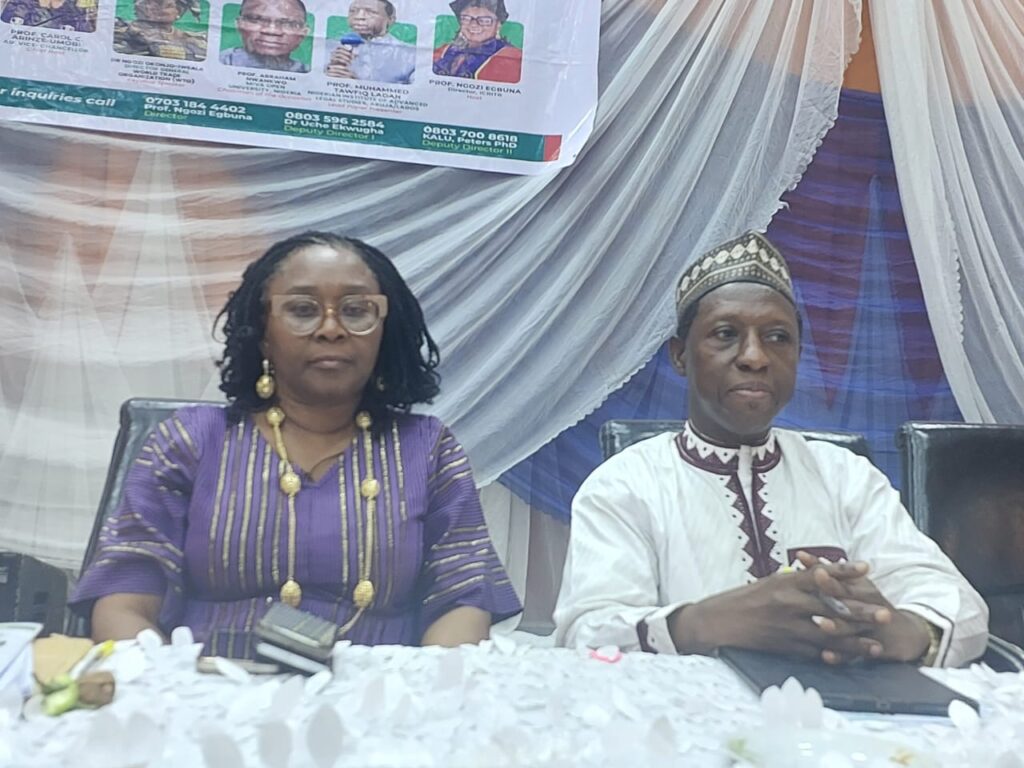
Despite these challenges, Ladan identified opportunities for growth and development. He emphasized the potential for economic diversification, particularly in sectors like manufacturing, agriculture, and technology.
“Nigeria has the potential to diversify its economy beyond oil by investing in these sectors,” he said.
Ladan also highlighted the importance of digital economy growth, stating that developing a robust digital economy can create new opportunities for trade, innovation, and job creation. However, he noted that this requires addressing issues like regulatory fragmentation, cybersecurity, and limited access to digital markets for Micro, Small, and Medium Enterprises (MSMEs).
The professor also emphasized the need for improved governance, stressing that strengthening the rule of law and policy implementation can create a more conducive environment for investment and economic growth. Additionally, he highlighted the potential benefits of regional integration within the Economic Community of West African States (ECOWAS) and other regional blocs.
Professor Ladan’s presentation underscored the need for Nigeria to navigate the complexities of the WTO and leverage opportunities for growth and development The African Continental Free Trade Area (AfCFTA) and the World Trade Organization (WTO) have complementary, though sometimes overlapping, agendas. AfCFTA aims to boost intra-African trade and economic integration, while the WTO focuses on global trade rules. AfCFTA addresses key criticisms of the WTO by prioritizing regional specificities, focusing on trade facilitation, and promoting industrial development and value chains within Africa.
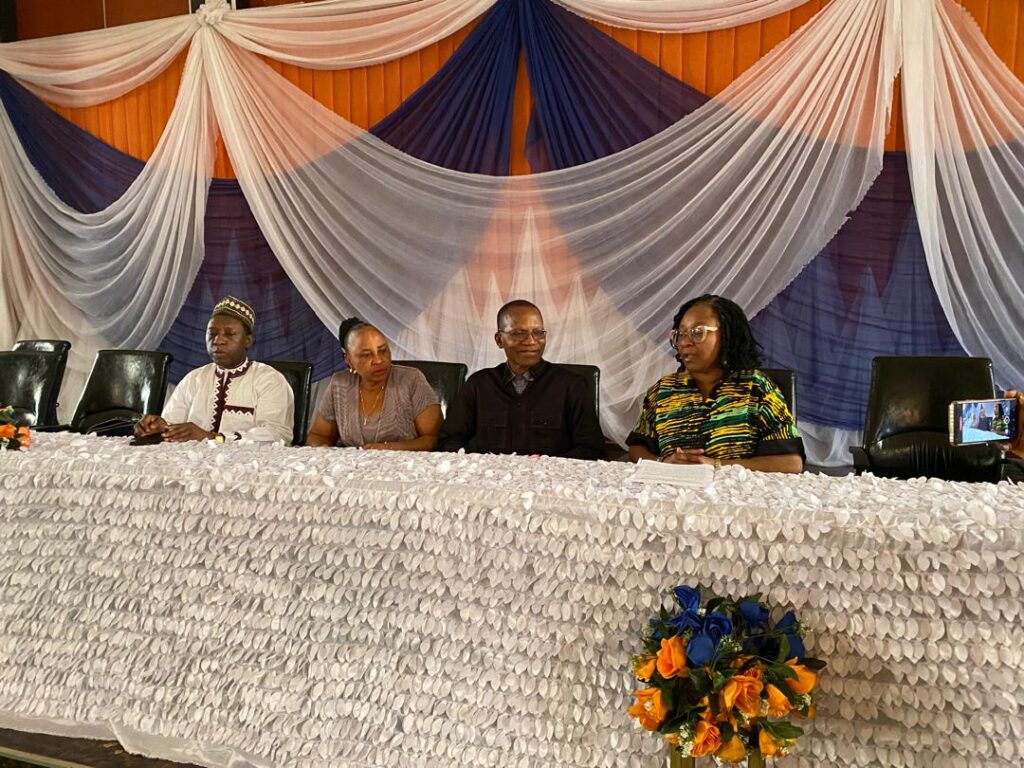
Nexus between AfCFTA and WTO: Complementary Agendas:Both AfCFTA and WTO seek to promote free trade and economic integration, albeit at different levels.
Reinforcing Each Other: AfCFTA can leverage WTO’s global framework to enhance trade facilitation and reduce non-tariff barriers within Africa, while WTO can benefit from AfCFTA’s regional integration efforts to strengthen global trade governance.
Potential Conflicts: Disagreements may arise due to divergent trade policies among African nations, conflicts between WTO agreements and AfCFTA provisions, and capacity gaps in implementing both frameworks.
Harmonization and Dialogue: To maximize complementarity, African countries need to harmonize their trade policies, engage in constructive dialogue with the WTO, and build capacity for implementation.
Key Gaps and Criticisms Addressed by AfCFTA:
Focus on Regional Specificities: AfCFTA specifically addresses the unique needs and challenges of African economies, unlike the WTO’s more general global framework.
Trade Facilitation: AfCFTA prioritizes reducing non-tariff barriers and improving trade facilitation measures, which have been major criticisms of the WTO’s impact on African trade.
Industrial Development and Value Chains: AfCFTA aims to foster industrial development and the creation of regional value chains within Africa, which is a key area where the WTO has been criticized for not adequately addressing.
Capacity Building: AfCFTA recognizes the capacity limitations of many African countries and seeks to address them through various initiatives, including harmonizing rules of origin and promoting industrial diversification.
Inclusive Outcomes: AfCFTA aims to ensure that the benefits of trade are shared more inclusively, particularly by women and youth, through supporting informal traders, facilitating access to trade finance, and promoting education.
Addressing Infrastructure Deficits: AfCFTA acknowledges the significant impact of infrastructure deficits on trade costs and competitiveness and aims to address these issues through targeted investments and policy reforms.
Dispute Settlement: AfCFTA includes a dispute settlement mechanism (DSB) that operates independently of the WTO’s dispute settlement system, addressing concerns about the effectiveness of WTO’s dispute settlement process in resolving trade disputes among African nations.
Informal Trade: AfCFTA acknowledges the importance of informal cross-border trade in many African countries and seeks to integrate it into the formal trade system.

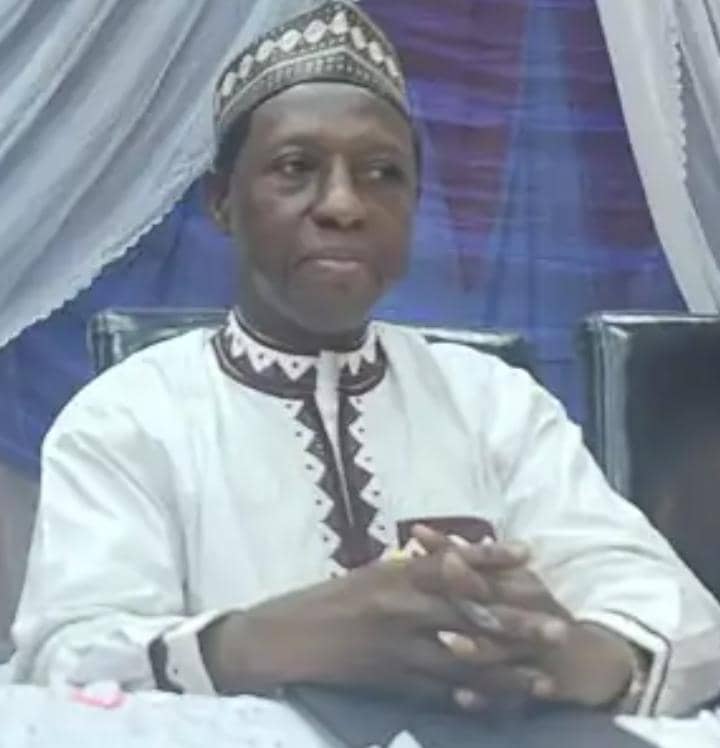

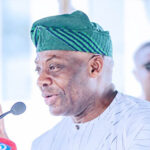



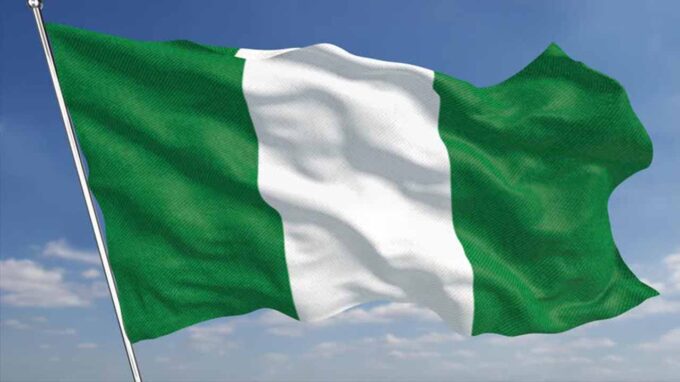

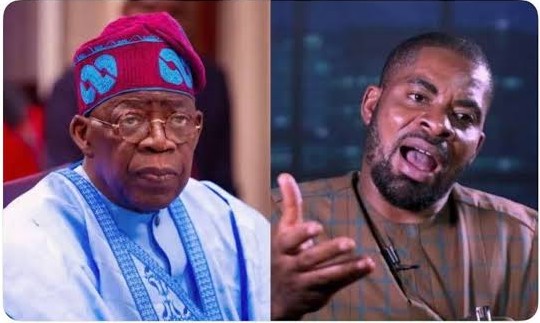
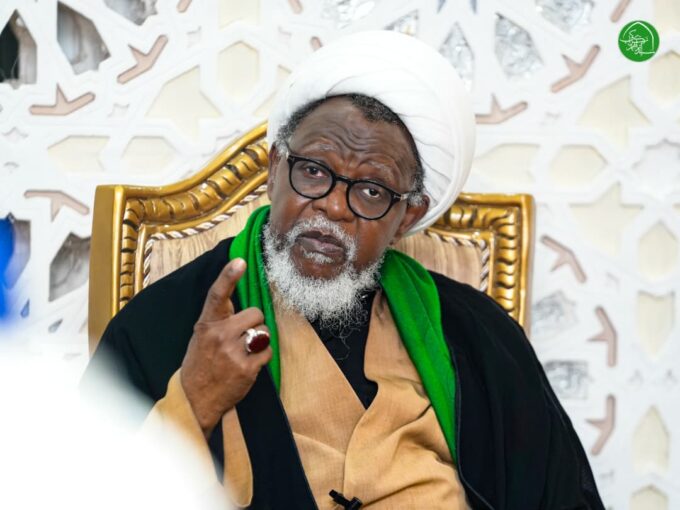




Leave a comment